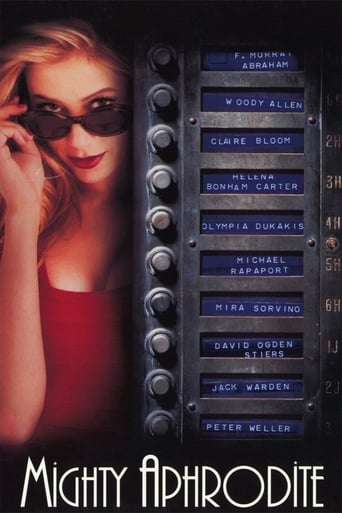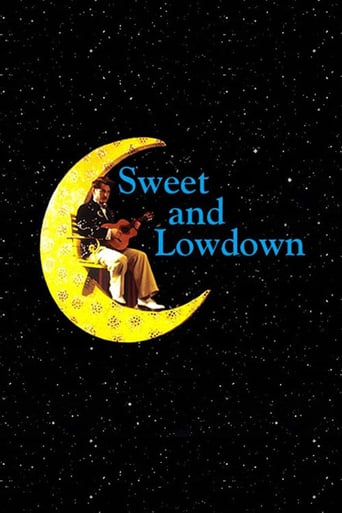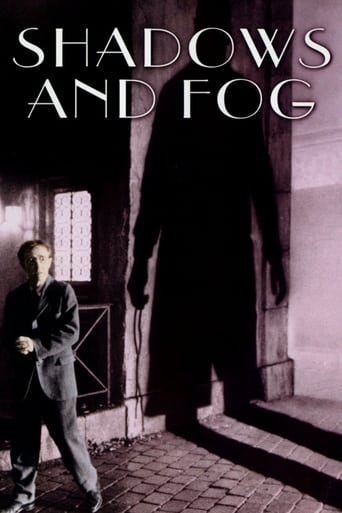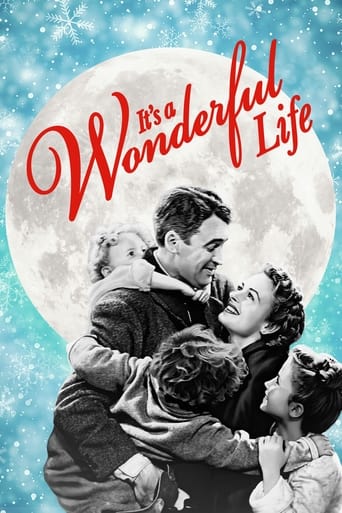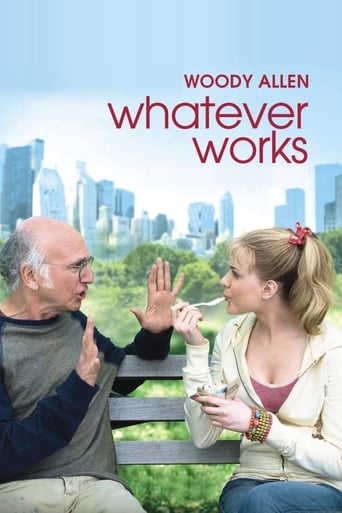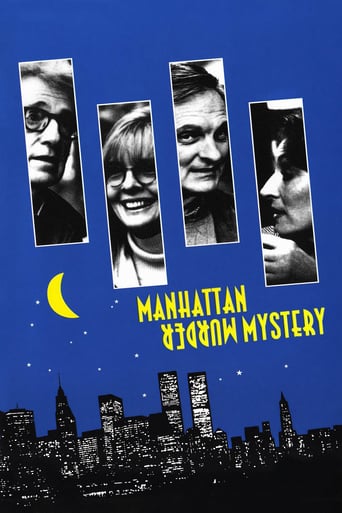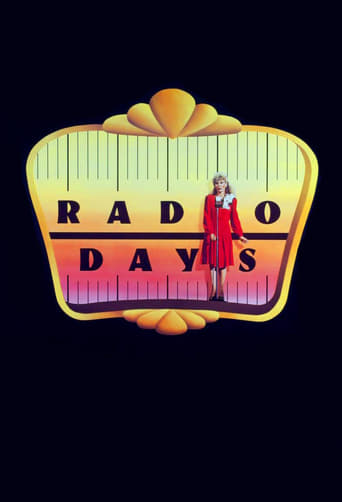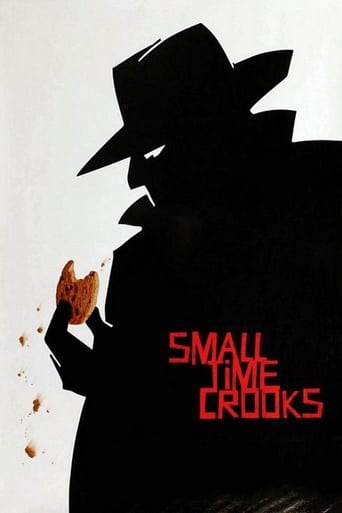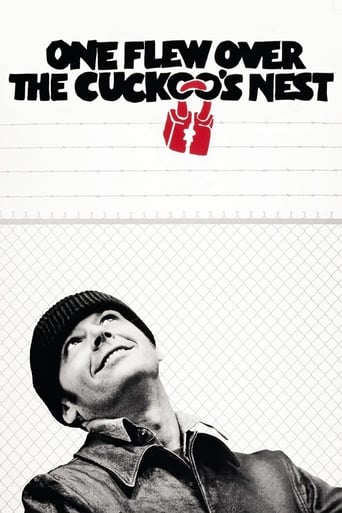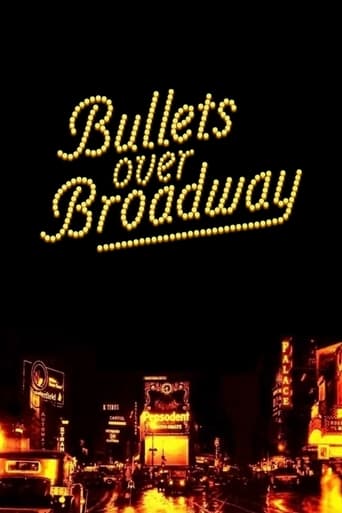


Bullets Over Broadway
After young playwright, David Shayne obtains funding for his play from gangster Nick Valenti, Nick's girlfriend Olive miraculously lands the role of a psychiatrist—but not only is she a bimbo who could never pass for a psychiatrist—she's a dreadful actress. David puts up with the leading man who is a compulsive eater, the grand dame who wants her part jazzed up, and Olive's interfering hitman/bodyguard—but, eventually he must decide whether art or life is more important.
-
- Cast:
- John Cusack , Chazz Palminteri , Dianne Wiest , Jennifer Tilly , Mary-Louise Parker , Tracey Ullman , Jim Broadbent


Similar titles
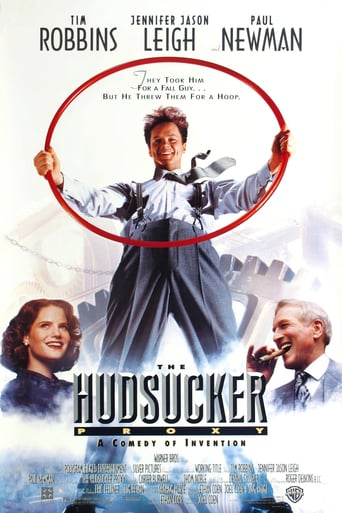
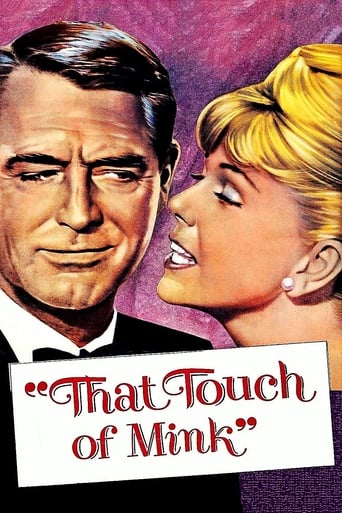
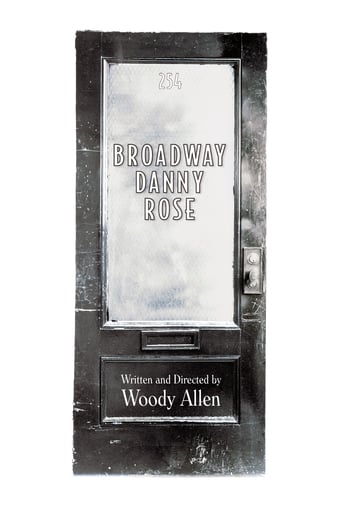
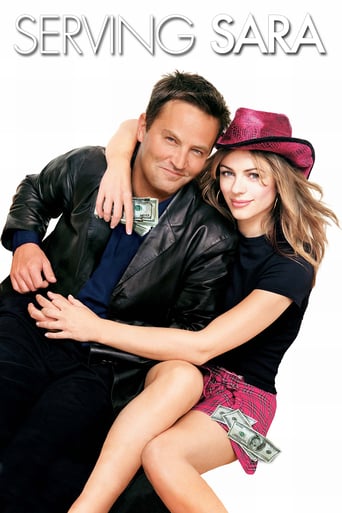
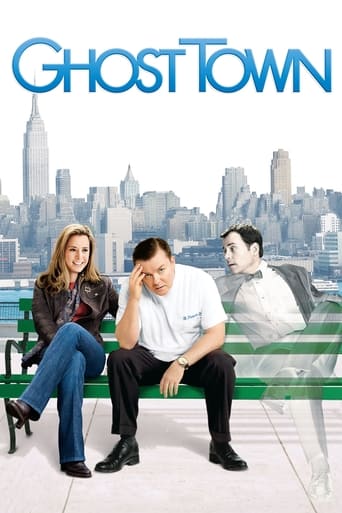
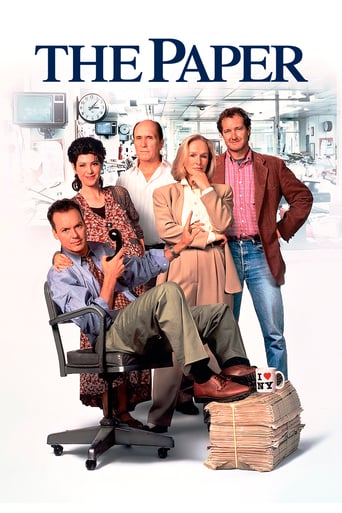
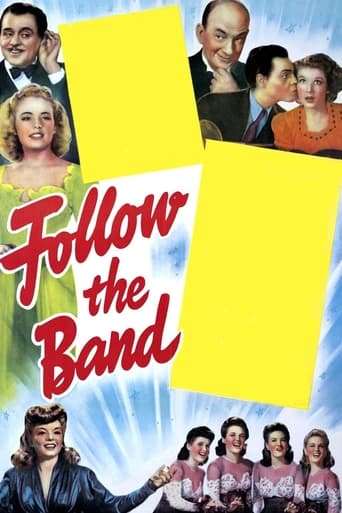

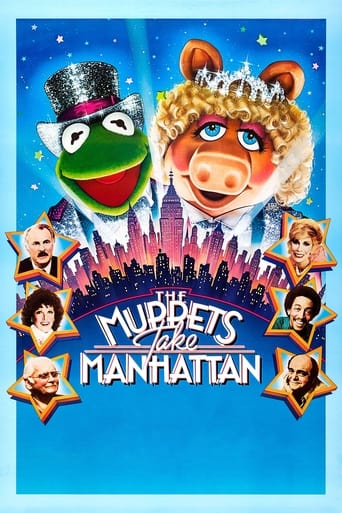
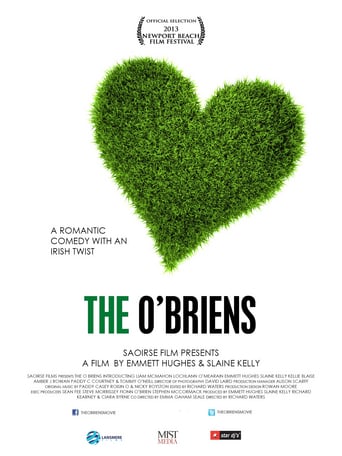
Reviews
People are voting emotionally.
Good , But It Is Overrated By Some
Best movie ever!
A great movie, one of the best of this year. There was a bit of confusion at one point in the plot, but nothing serious.
In New York in 1928, a struggling playwright (John Cusack) is forced to cast a mobster's talentless girlfriend (Jennifer Tilly) in his latest drama in order to get it produced. The film received numerous Oscar nominations. Just in the acting category, we have: Academy Award for Best Supporting Actor – Chazz Palminteri. Academy Award for Best Supporting Actress – Jennifer Tilly. Academy Award for Best Supporting Actress – Dianne Wiest. Interestingly, Wiest won. Personally, I would have given the award to Tilly between the two of them.Although I love Woody Allen and I tend to enjoy mob stories (writing mob history is how I bay my bills), this somehow is not one of my favorite Woody tales. I think it is the lack of a real intellectual undercurrent. There is some talk of "the art and the artist" and even Nietzsche gets tossed around a bit, but this seems a bit light. Of course, when he is pumping out a movie a year for 50 years, I suppose not every one is going to be a philosophical gem.
Never underestimate Woody Allen's capability to surprise you. The first act "Bullets Over Broadway" didn't put my expectations very high, until an expected little twist in the middle transformed everything and contributed to one of Woody Allen's most fascinating secondary characters.The film opens in the 1928 Broadway, with one cinematic archetype following another. John Cusack is David Shayne, a young playwright. Convinced of his artistic genius, he's your typical struggling newcomer trying to impose his unique style. Not a revolutionary character, Cusack almost replays some mimics of Allen's neurotic writer, only differing physically, with his tall frame canceled by his constantly hunched demeanor, he's handsome enough to make his sex-appeal believable. Although with such a title as "God of Our Fathers", the line between the very talent he claims to have and a sort of pompous pseudo-intellectual vibe is very thin, but we give him the benefit of the doubt.Anyway, Shayne's manager, played by Jack Warden, finds a generous heart accepting to finance the play. Not your typical patron of art, the man is Valenti, a mobster played by the irreplaceable Joe Viterelli. Theater is not his cup of tea but who cares, he's absolutely in love with Olive, his girlfriend, a dancer as ambitious as she's talentless. With her nasal voice, voluptuous forms and misplaced self-satisfaction, Jennifer Tilly revives the performance of Jean Hagen as Lina Lamont in "Singin' in the Rain", with –I don't think that was even possible- a much more horrible voice. And no one can even say a word against her, all through the rehearsals, she's chaperoned by a bodyguard named Cheech, one of Viterelli's button-man, more at ease with playing craps and disposing of some bodies, than enduring Shayne's intellectual junk.To go on and on with archetypes, Shayne lives with Ellen, his caring girlfriend, played by Mary Louise Parker, but she lacks the flamboyance and charisma of her soon-to-be rival, Helen Sinclair. Sinclair is the obligatory diva, who played so much plays, worked with so many writers (always the best) that all her characters spill over her mannerisms. If Jennifer Tilly is a dead-on Lina Lamont, Dianne Weist Sinclar is a perfect Norma Desmond, an actress so wrapped up in her ego, she oozes a natural commanding presence, when she orders Shayne 'Don't speak' with a voice as low as possible, he knows it's an act, but still, he has no choice but obeying. Both Tilly and Wiest's performance earned them two deserved Oscar nominations for Best Supporting Actress (Wiest won). But had the film only relied on these performances and the great roles of Jim Broadbent and Tracey Ullman, the result would have been a charming little comedy, with no impact whatsoever.To give you an idea, there's a moment when Shayne has a drink with Sinclair, she orders two martinis, in fact the two martinis were for her. The gag is cleverly written, it's funny, but coming from Woody Allen, it didn't have that extra little spice I expected, granted the film is magnificently directed, with costumes and art-directing revisiting the roaring twenties with exuberance, there was not much to hook our hearts on. But then, in the middle of one rehearsal, when the actors and Shayne have an argument about the script, Cheech intervenes. The thug who exuded intimidation and street-smart force, suggests a little revision to the play, and guess what, it works. I knew Chazz Palminteri was Oscar-nominated for this role, I thought he would play in the stage, I thought everything except the fact that he would reveal the genius Shayne obviously lacks.Then the movie took off and turned into a clever and insightful commentary about the meaning of being an artist, creating an oeuvre and being so passionate about it that you wouldn't let anything undermine it, anyone interfere with it. It's about the conflict tormenting a man who tries to be an artist, only to be confronted to another who's genuinely an artist, much more a genius. The romantic subplot involving Shayne and Sinclair takes a whole new importance to the story. When Shayne discusses with his friend Sheldon (Rob Reiner) about it, Sheldon makes one of the most unforgettable statement from any Woody Allen's film: "an artist creates his own moral universe". It seems like an alibi to justify the craziest actions committed by an artist, in fact, it echoes the very actions committed by Cheech, out of love and passion for his work, that will push to the extreme the notion of "moral universe". The brilliance of the script is that Cheech' actions illustrate both what he is and what Shayne is not.And again, Woody Allen is able to transcend usual movie archetypes and illustrate through them the deepest torments invading the heart of artists and wannabe artists. Woody Allen shows the gap between those who got the talent, and those who don't, and he's so talented that he's even able to create a great character who realizes that he doesn't have the talent. The ending of "Bullets Over Broadway" is not the apotheosis we expected, but it's not a downer either. Shayne is finally able to realize what counts for him and what doesn't, it's about knowing oneself and acting in consequence. It's about responsibility, and the level of maturity expressed in the ending is so unexpected it does highlight the hidden genius of the script.And as nothing is gratuitous in a great script, first, its greatness relies on a fascinating contradiction, and I'll never forget the thug with writing genius played by Chazz Palminteri. And even a cute inoffensive gag like Olive not remembering what came after Hamlet's "To be " is a subtle reference to the main conflict of the film.To be an artist or not to be an artist, to be or not to be, and "Bullets Over Broadway" provides some of the smartest answers to that eternal question.
Not deep, but very, very funny. Wonderfully written and splendidly acted, especially by Diane Wiest in a wild and hysterical role. John Cusack does his usual extremely solid work as the straight man holing it all togetherAmazing 1930s production design by Santo Loquasto. The film has a nice, dark edge to off-set the wacky, farcical tone. The very end is a bit sappy, but it also leaves the film with an interesting moral complexity.Not quite great Woody Allen, but extremely good Woody Allen, which means great by most film-making standards.
I can not share the generally enthusiastic opinion of this film shown by most other IMDb database users. I am sorry about this as I want to like it - its main theme, contrasting the relative importance of love and art, both for Society and for most of its individual members, is significant for us all; and it is a very visually appealing presentation giving an excellent depiction of New York city as it was some 80 or more years ago, mainly in shades of brown that are never jarring to the eyes. I am not one of those who dislike Woody Allen's work .The Purple Rose of Cairo and Love and Death (where he showed he was able to combine farce with both fairly natural dialogue and his beloved philosophical discussions, this deserted him in BOB) are both treasured parts of my private movie collection. Although BOB is largely free of the artificial dialogue which spoils many of Woody's other films, it was spoilt by unrelenting and continuous overacting. Many films include at least one actor guilty of this heinous sin, but when they almost all do so the fault probably lies squarely with the Director. Here you could watch a few minutes culled from almost any point in the film and be confident of finding a shouting match, or characters waving their arms about like windmills.Many cinema fans do not like watching silent films because of the overacting they are said to feature. This is conventionally explained by the absence of dialogue forcing a greater emphasis on gesture, but John Barrymore even in some of his most unrestrained roles seldom continued exaggerated gesturing beyond the point when it was needed; and this need was often due more to difficulty in creating effective close ups than to the absence of sound, problems that co-existed in those early days. Today an actor can convey a world of meaning whilst quietly sitting at a table by, for example, just raising an eyebrow and uttering the word "Really" in an appropriately questioning tone. In silent days a one word caption "Really" would be almost as effective but the scene at the table, filmed from 5 or 10 metre away, would not do justice to the raised eyebrow in the same way as a modern close up, filmed from a distance of no more than a metre; so I can watch, for example, the 1925 version of Ben Hur more readily than I can Bullets over Broadway - improved technology has made us much less tolerant of artefacts that destroy the intended atmosphere. Fans of BOB claim the behaviour shown in this film is in fact typical of interactions between the types of character being portrayed, and the overacting is not as severe as I am suggesting. I doubt if this is true, but even if so the film itself makes it clear that this would be no excuse. The gangster's hit man Cheech in an early sequence explains carefully that it is no good presenting any dramatic work in a manner with which a viewer cannot empathise - depicted dialogue and behaviour must always be adapted to what would be expected and accepted by the potential audience. I do not live among people who shout and wave their arms about all the time, although I will of course accept such behaviour in a film where it is a natural response to a stressful situation; but if I do not live among people who behave like that, I am not likely to watch a film that shows everyone doing so continuously, for very long before I turn it off - or at the very least feel compelled to complain, as I am doing now.Bullets over Broadway is of course dangerously close to being a direct copy of the film Mistress, released a couple of years or so earlier, the stories are almost identical, except that the locale has been changed from Hollywood to New York and the film being produced has become a stage play. The same type of moral and artistic issues are brought out in both of them. Mistress was not so well enjoyed by IMDb users, but it is very interesting to compare the impact created by the two works. Whereas BOB plays more like a farce most of the time, Mistress provides biting satire which for me is both more enjoyable and far more effective. It was extremely well acted by almost all the cast, and Robert De Niro in particular gives a performance worthy of an Oscar nomination. No wonder the Hollywood elite did not like it, many of its barbs must have struck very close to home! Recently, after watching Bullets over Broadway I re-watched part of Mistress to decide whether my more favourable recollections of it were justified. I noted one short slanging match develop towards the end, this was quickly cut short by another character telling the perpetrator to calm down. Back to reality - this was all I really needed to see.. Mistress was real enough for me to feel like an outsider watching events happening, whereas BOB was definitely more like watching entertainers trying to keep me amused. For me the wrong film has been made available on DVD.

